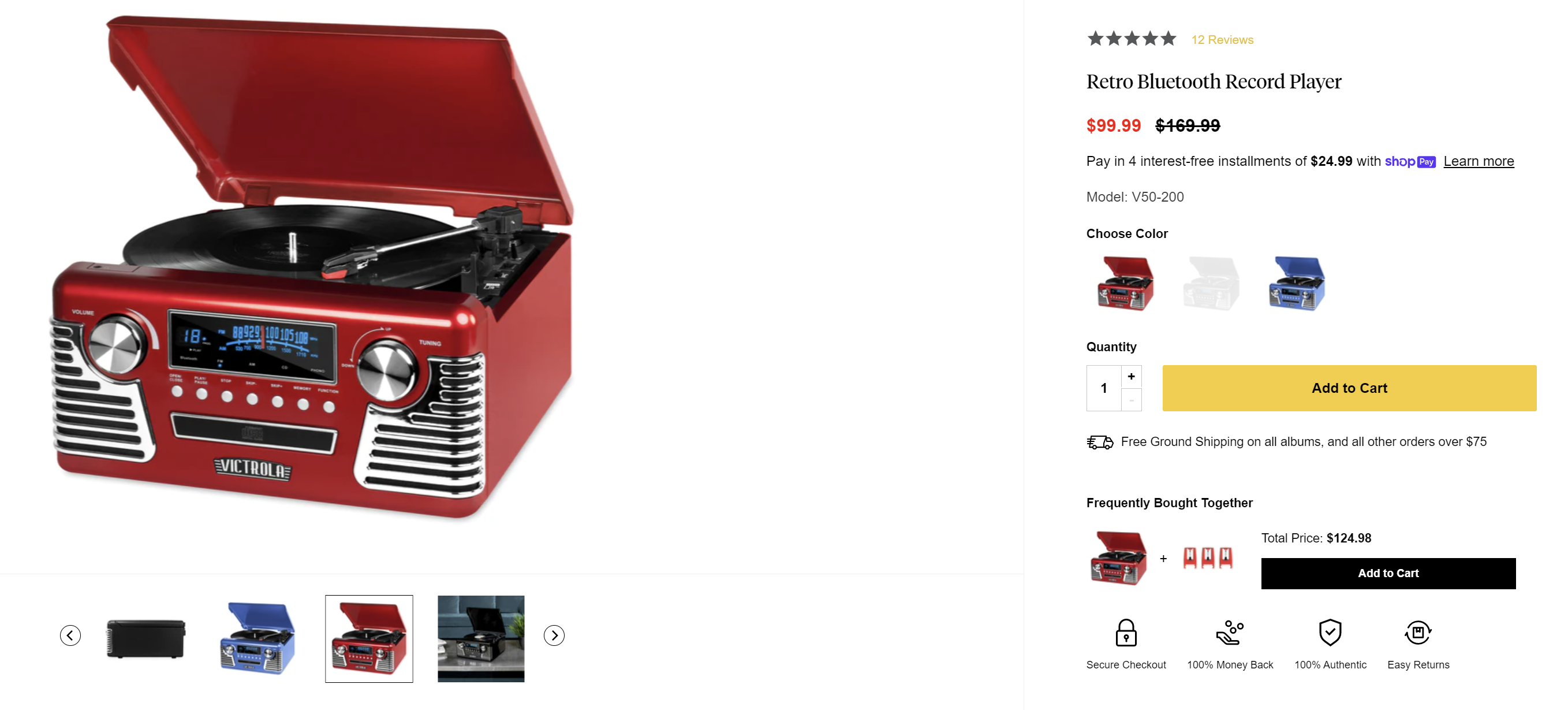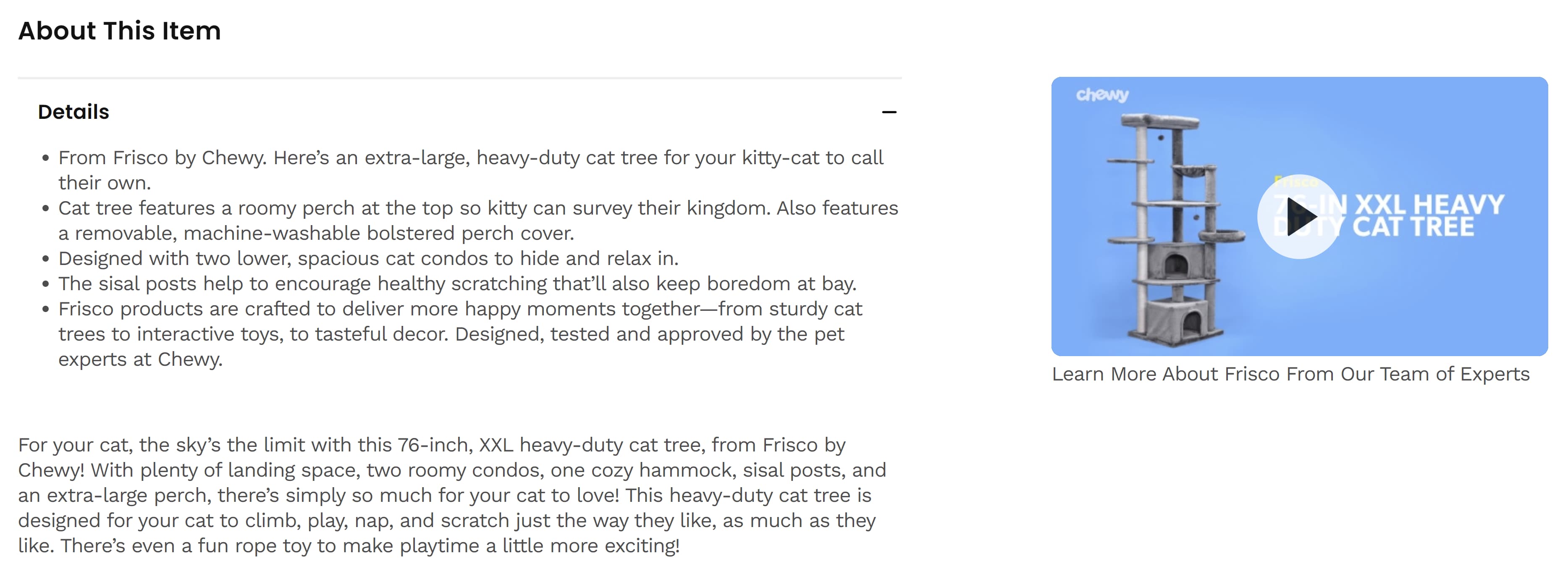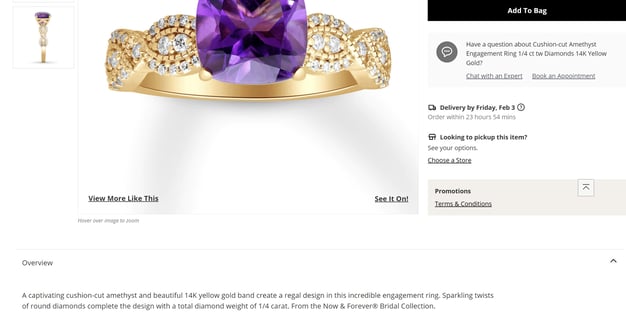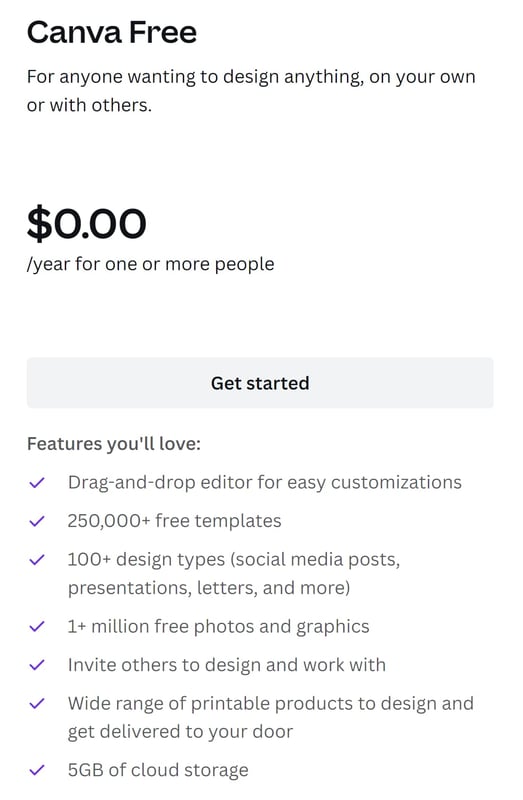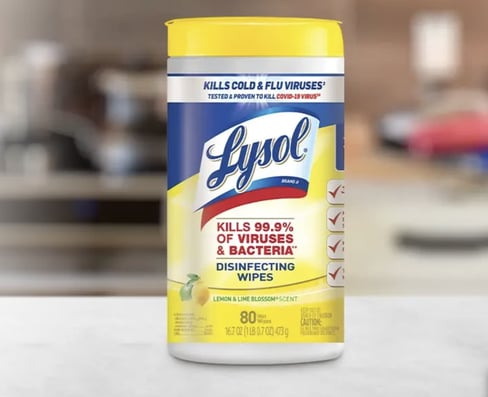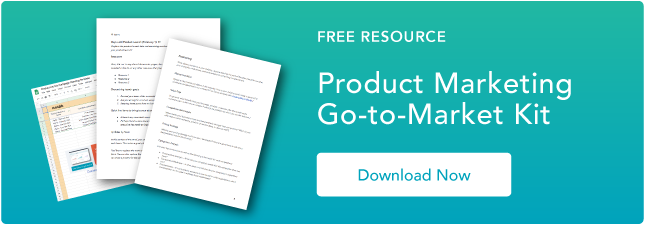I’m a huge homebody who prefers the ease of shopping online from home. However, the problem with buying items online is that I can’t try on, measure, or get a good feel for the product until it arrives at my door. So, before deciding to purchase, I always check the item’s product attributes to ensure it’s right for me.

Product attributes play an essential role in the decision-making process for buyers. They’re also crucial for marketers when promoting or advertising a product. Read on to learn more about product attributes, their importance, and how to incorporate them into your marketing strategy.
Product Attributes vs. Product Benefits
Why You Need Product Attributes
Use product attributes in your marketing strategy.
What are product attributes?
Product attributes are details and features that describe an item and provide the information consumers need to decide on a purchase. Product attributes can include design features, technical specifications, price, and materials used in manufacturing.
Product attributes fall into two categories: tangible and intangible. Tangible attributes are physical attributes that the senses can perceive, such as color, shape, size, and texture. Intangible attributes are characteristics that can’t be perceived by seeing or holding the product.
For example, take a look at this Victrola record player system.
Tangible attributes of this record player include its red color and retro-inspired design. Intangible attributes would be Bluetooth capability and recording software allowing buyers to convert vinyl to MP3.
Product Attributes vs. Product Benefits
While product attributes describe the products, product benefits describe what customers stand to gain from the product. For instance, let’s go back to the record player example.
As I said earlier, a product attribute of the record player is its Bluetooth capability. A product benefit is that this capability allows users to stream their favorite music wirelessly.
Why You Need Product Attributes
Including product attributes helps consumers get a feel for your product and what it can do for them. Attributes also influence the potential buyer’s decision and allow them to properly weigh their options when looking for a product that suits their needs.
Helpful product attributes can improve the customer experience by making their decision process more manageable.
Product attributes are also necessary because they can boost your brand’s discoverability online. Marketers can and should incorporate keywords into product attribute descriptions so people searching these terms are more likely to find your product.
Product Attributes Examples
Below are a few tangible and intangible product attributes from several companies and brands.
1. Quality
Quality is a critical product attribute to include in your marketing because consumers want products they trust will work. Product reviews, manufacturing data, and the use of durable materials are just some ways you can demonstrate a product’s quality.
An example of a quality product attribute can be seen in this cat tree made by FRISCO. The cat tree is described as a “heavy-duty tree” made with sisal posts and is “designed for your cat to climb, play, nap, and scratch just the way they like, as much as they like.”
Best for: When your target consumers want a long-lasting, durable product or a high-quality customer experience.
2. Design
Design refers to the product’s appearance. For example, the amethyst engagement ring below comprises a cushion-cut amethyst, a 14K yellow gold band, and “sparkling twists of round diamonds” for a “regal design.”
Best for: When aesthetics and style are a core value for your consumers. It’s also a great opportunity to optimize for keywords. For example, the ring’s description includes key search words such as “cushion-cut,” “amethyst,” and “yellow gold band.”
3. Price
Price is an excellent attribute to include in your product’s description, especially if you’re emphasizing how much a consumer can get at a cost-effective rate. For instance, Canva mentions it offers free use of its design tools and lists all the things users can access at zero costs.
Best for: When your product is available at a lower price point than your competitors or if your product is available in budget-friendly options.
4. Verification and Safety
Again, consumers need assurance that your product is trustworthy, credible, and safe. One way to prove those points is to include verification and safety attributes. Philly’s Phinest Roofing, a Philadelphia-based roofing company, proves its credibility by emphasizing the 40 years it’s been in business and its status as a certified roofing company. It even has the company’s license number features on its website for potential customers to verify.
Best for: If safety and reliability are top concerns for your target audience.
5. Marketing Claims
Marketing claims are product attributes that reference your product’s performance, and they can be in the form of statistics or data. To generate an accurate and compelling marketing claim, brands invest in research groups and customer surveys.
An example of a marketing claim is Lysol promoting that its products kill 99.9% of germs.
Best for: Showing how your product outperforms competitors or highlighting its effectiveness.
Use product attributes in your marketing strategy.
Product attributes help consumers make confident and informed decisions about their purchases. They also contribute to an easier and more enjoyable customer experience.
Most importantly, they build trust in your brand and help to ensure you’re marketing your products to the right people. To better market your product and delight your customers, include product attributes in your strategy.


![→ Download Now: Free Product Marketing Kit [Free Templates]](https://no-cache.hubspot.com/cta/default/53/08b5e1f4-5d26-405b-b986-29c99bd0cb14.png)
